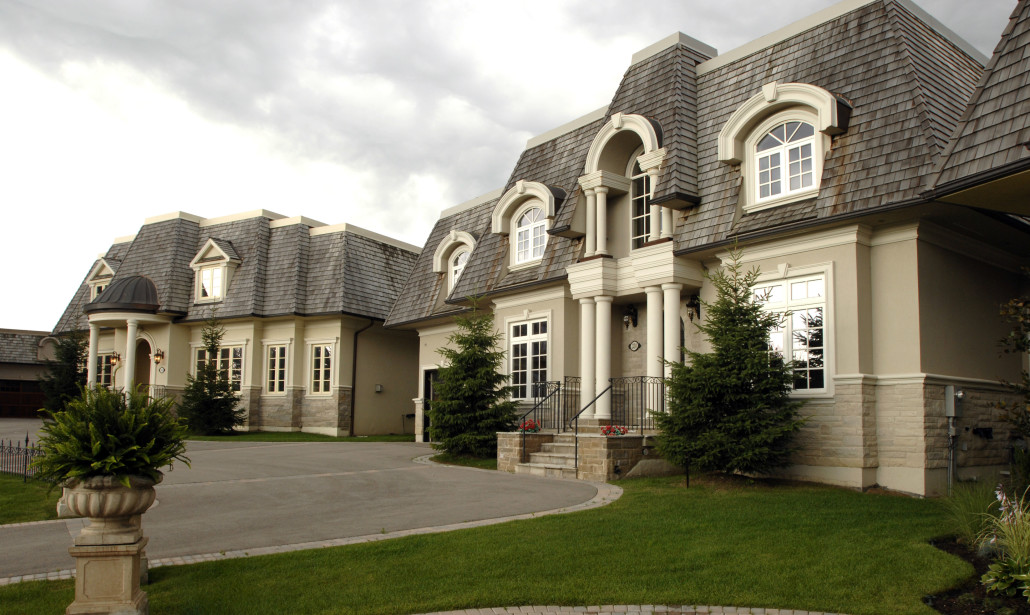Trust is possibly the single most important criteria when selecting a builder. The peace of mind that comes from trust is far more valuable than any feature or finish you can put in your new home. But how do you know whether a builder is trustworthy? The answer is different for everyone. For some people it’s about reliability – knowing the builder will show up on time, do the job right, and finish on time and on budget. For others, it’s about transparency – being able to see inside the project, to know what’s happening when, exactly what materials are being used, or how much money is being spent in each area. While trust is something that can really only be built over time, it is worth it to figure out what trust means to you, and how it can be established. Other factors that can contribute to trust include:
Experience
How many years has the builder been active? Have they built custom homes before? If so, how many? (A good candidate should have no less than 15 custom homes under their belt – and not standard designs, but unique properties designed for a specific owner). Are their homes comparable to the home you want? And does their work increase owner equity? If your prospective builder is answering these questions well, then you’re off to a good start.
Expertise
Does the builder have the knowledge, skills and patience to learn about your needs, and to translate these into a good home design? A good sign of this expertise is the number and type of questions they are asking. If they don’t show interest in who you are and how you want to live, how will their design respond to these critical factors? Your new home will have a significant impact on how you live your life. In-house expertise is thus essential to building a home that’s right for you. For more on good home design, see 4 Things You Must Do When Building a New Custom Home.
Education and Transparency
Is your prospective builder willing to educate you along the way? And will they readily share information about the project? Key items to review include contract inclusions and exclusions for both supplies and labor, as well as scheduling milestones. A good builder should be ready to walk you through each and every part of the project. With such a large and important investment, why would you settle for less? Even if you’re the kind of person who doesn’t need to know everything that’s going on, it’s good to know that you can if you want to. Good builders will have tools specifically for this purpose, such as comprehensive lists of features and finishes, and online customer access to information and updates.
Industry Affiliations
When a builder is affiliated and in good standing with associations such the Tarion Warranty Corporation or the Building Industry and Land Development Association (BILD), you can feel more confident in their commitment to sound building practices. Taking it a step further, you may want to seek out the more elite builders who can provide a certified home such as Energy Star or LEED. These certifications are inspected by third parties, ensuring the work is completed according to high quality standards.
Turn key Services
some builders offer fully managed services – real estate, architectural design, engineering, permitting, demolition and construction – while others provide only the basics. Fully managed services can benefit you by providing a one-stop-shop for your entire project, and can also lead to cost savings. Within construction, companies may also offer different levels of finishing, for example up to drywall. These provide increased control over your budget, but require that you take more responsibility for the project. Whether you want fully managed services may be determined in part by your budget, and/or your willingness to get your hands dirty. Entering into a partially finished package is advantageous because of the lower level of commitment. You can always upgrade the contract later.

